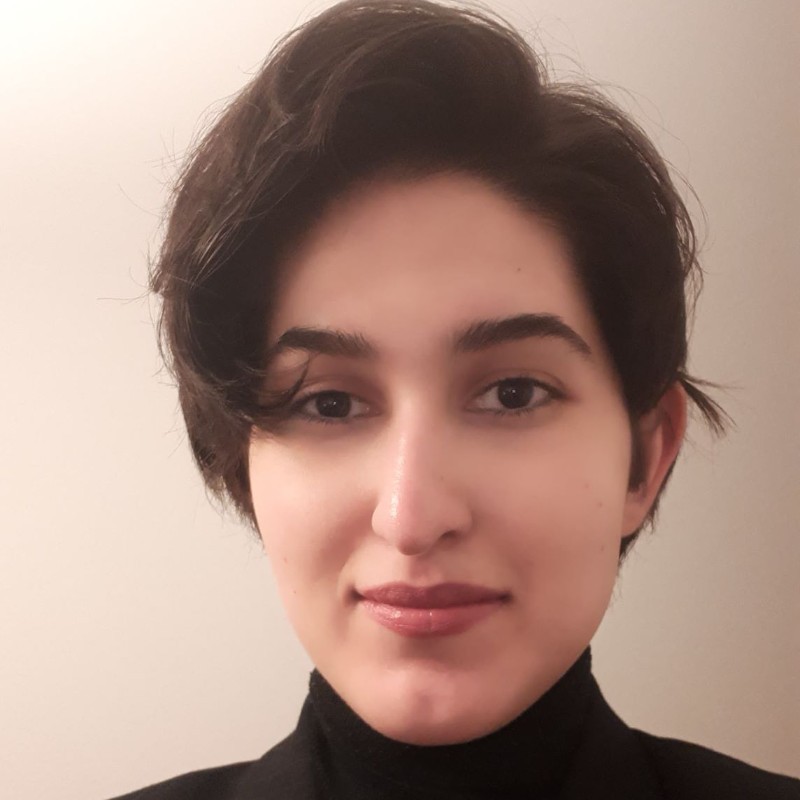Page Not Found
Page not found. Your pixels are in another canvas.
A list of all the posts and pages found on the site. For you robots out there is an XML version available for digesting as well.
Page not found. Your pixels are in another canvas.
This is a page not in th emain menu
Published:
Essam was invited to deliver a talk on “A Data Discovery Platform Empowered by Knowledge Graph Technologies: Challenges and Opportunities” at the Data Science seminar (Tartu University).
Published:
Hussein Abdallah, Duc Nguyen, Kien Nguyen, Essam Mansour: Demonstration of KGNet: a Cognitive Knowledge Graph Platform. International Semantic Web Conference (ISWC) 2021.
Published:
Reham Omar, Ishika Dhall, Nadia Sheikh, Essam Mansour: A Knowledge Graph Question-Answering Platform Trained Independently of the Graph. International Semantic Web Conference (ISWC) 2021.
Published:
Essam Mansour: A Data Discovery Platform Empowered by Knowledge GraphTechnologies: Challenges and Opportunities. SEA-Data@VLDB 2021: 46-47.
Published:
Ahmed Helal, Mossad Helali, Khaled Ammar, Essam Mansour: A Demonstration of KGLac: A Data Discovery and Enrichment Platform for Data Science. Proc. VLDB Endow. 14(12): 2675-2678 (2021).
Principal investigator (PI)
PhD Student
PhD Student
PhD Student
PhD Student
Master Student
Master Student
Master Student
Undergrad Student
Undergrad Student
Alumni - Master Student
Alumni - Master Student
Published:
We are hiring Postdocs and PhD Students!
Published:
Towards Cognitive Data Science Platforms: Challenges and Opportunities
Published:
Towards Cognitive Data Science Platforms: Challenges and Opportunities
KGLiDS is a platform for constructing a knowledge graph for linked data science. We employ machine learning to extract the semantics of data science pipelines and capture them in a knowledge graph, which can then be exploited to assist data scientists in various ways. This abstraction is the key to enabling Linked Data Science since it allows us to share the essence of pipelines between platforms, companies, and institutions without revealing critical internal information. Instead, it focuses on the semantics of what is being processed and how. We are developing different applications on top of our linked data science (LiDS) graph to automate various aspects of data science pipelines. Examples of these applications are KGpip and KGFram.
KGQAn aims to develop a data science chatbot that can answer questions from an arbitrary KG without prior knowledge of the KG. KGQAn proposes a novel formalization of question understanding as a triple pattern extraction modelled using a Seq2Seq neural network. Our model generalizes to understand questions across diverse domains. Moreover, KGQAn introduces a just-in-time linking and filtering approach, which performs entity and relation linking as semantic search queries partially offloaded to the RDF engines without requiring any pre-processing. Thus, KGQAn acts as an on-demand KG question-answering service.
KGNet is a knowledge graph platform with full support for graph machine learning (GML)-enabled queries. We designed KGNet as an extension on top of existing RDF engines. KGNet provides GML as a service (GMLaaS) to automate the training of GML models on KGs. In KGNet, we collect the trained models’ metadata and maintain a transparent RDF graph associated with the target knowledge graph (KG). Using this metadata graph, KGNet can optimize and execute GML-enabled queries, which apply the trained models on the target KG.
KGpip is scalable AutoML approach based on a novel formulation for the AutoML problem as a graph generation problem. In KGpip, we train a novel meta-learning on top of of our knowledge graph for linked data science to pose learner and pre-processing selection as a generation of different graphs representing ML pipelines. For more information, please read our KGpip paper
KGFarm aims at automating data preparation and feature discovery pipelines. It is one of the applications on top of our linked data science. KGFarm is a joint project with RBC’s Borealis AI. We develop KGFarm based on actual needs in the industry to enable data scientists to auto-learn from each other’s pipelines.
AlphaBot is a weak supervision-based approach to improve chatbots for code repositories. We evaluate AlphaBot using a dataset that composes of 749 queries representing 52 intents. Our results show that AlphaBot helps chatbot practitioners to boost the NLU’s performance at early releases of their chatbots (i.e., fewer training queries). In particular, we find that our approach increases the NLU’s performance up to 44% compared to the baseline. Also, the results show that AlphaBot annotates, on average, 99% of queries correctly.
This project aims at developing a platform for detecting advanced persistent threats (APT) based on knowledge graph technologies. Our approach utilizes graph neural network and semantic graph similarity to detect attack scenarios in a provenance graph of network logs.
This project aims at developing a deep active learning platform for triple extraction tasks from the English text. Our platform automates the dataset annotation process required for training models for question understanding or knowledge graph construction.
Published:
This is a description of your talk, which is a markdown files that can be all markdown-ified like any other post. Yay markdown!
Published:
This is a description of your conference proceedings talk, note the different field in type. You can put anything in this field.
Undergraduate course, University 1, Department, 2014
This is a description of a teaching experience. You can use markdown like any other post.
Workshop, University 1, Department, 2015
This is a description of a teaching experience. You can use markdown like any other post.